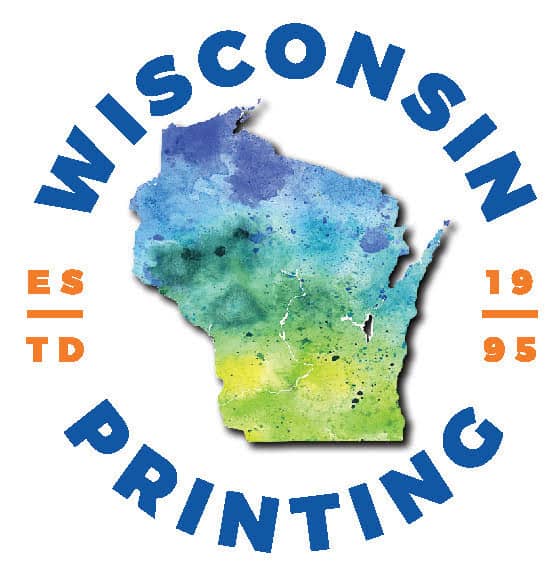Environmental concerns are discussed frequently in relation to the printing industry – and for a good reason. Surely using all that paper for printing jobs must be bad for the environment, right? Aren’t we in danger of depleting our forests? How can we be environmentally responsible and use sustainable printing practices? These are all fair questions that ought to be addressed, not evaded – so let’s examine the issues.
Paper Mills and Sustainable Forestry
In Wisconsin alone, the paper industry creates more than five million tons of paper each year; in fact, Wisconsin is the top producer in the nation. There are more paper mills in a hundred-mile radius of Green Bay than in other area of the country. And naturally, printing businesses play a role in creating the demand for all of that paper manufacturing.
As environmental awareness has increased in our culture as a whole, these paper mills have taken significant strides to become more eco-friendly. Third-party certifications such as the Forest Stewardship Council and the Sustainable Forestry Initiative are proudly displayed by companies such as Flambeau River Papers to show that they are committed to responsible forestry.

Trees are planted to prevent depletion of natural resources. Care is taken to protect the habitats of wildlife and avoid endangering of wild animals. More than at any previous time in our modern era, the environment is being preserved despite the growth of industries like logging and paper manufacturing.
Paper mills also recycle recovered paper as much as possible, rather than creating paper stock from new timber. This is beneficial in multiple ways. Since the recovered paper is used as material for the manufacturing of new paper, less timber is required and trees are spared. You might be surprised to learn that recycling also requires less energy. This allows paper mills to cut down on their energy consumption, lowering costs and reducing dependence on fossil fuels.
Sustainable Printing With Plant-Based Toner
Wisconsin Printing is intentional about being environmentally conscious. We use recycled paper stock whenever possible, as well as another technology you’re probably less familiar with.
Plant-based toner is made using biomass (renewable, bio-organic material) instead of petroleum (fossil-based). This is more than just a novelty. Most plant-based toners are derived from soybeans, which are obviously a renewable resource, whereas oil is not. Using biomass toners shrinks the environmental impact of printing. It also reduces waste because papers printed using plant-based toner are easier to recycle!
Soy-based ink has made significant inroads with newspapers and book publishers. While it’s a relatively new technology in an old industry, it is rapidly proving its merit and catching on quickly. We want to be at the forefront of leading the way to a greener printing industry, which is why we use one hundred percent soy-based ink. All of our offset printing jobs are done with soy ink. This puts us on the front lines of environmentally conscious printing.
Conclusion
Our business cares about sustainable printing, and we hope you do too. It’s the little choices, such as using recycled paper stock and plant-based toner, which add up to make a big impact on humanity’s environmental footprint. But in order for that big impact to become a reality, those little choices have to be made by businesses that care, and smart consumers who want the best for the environment we all share.

Recent Comments